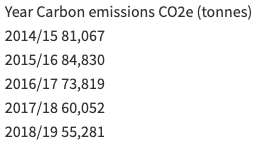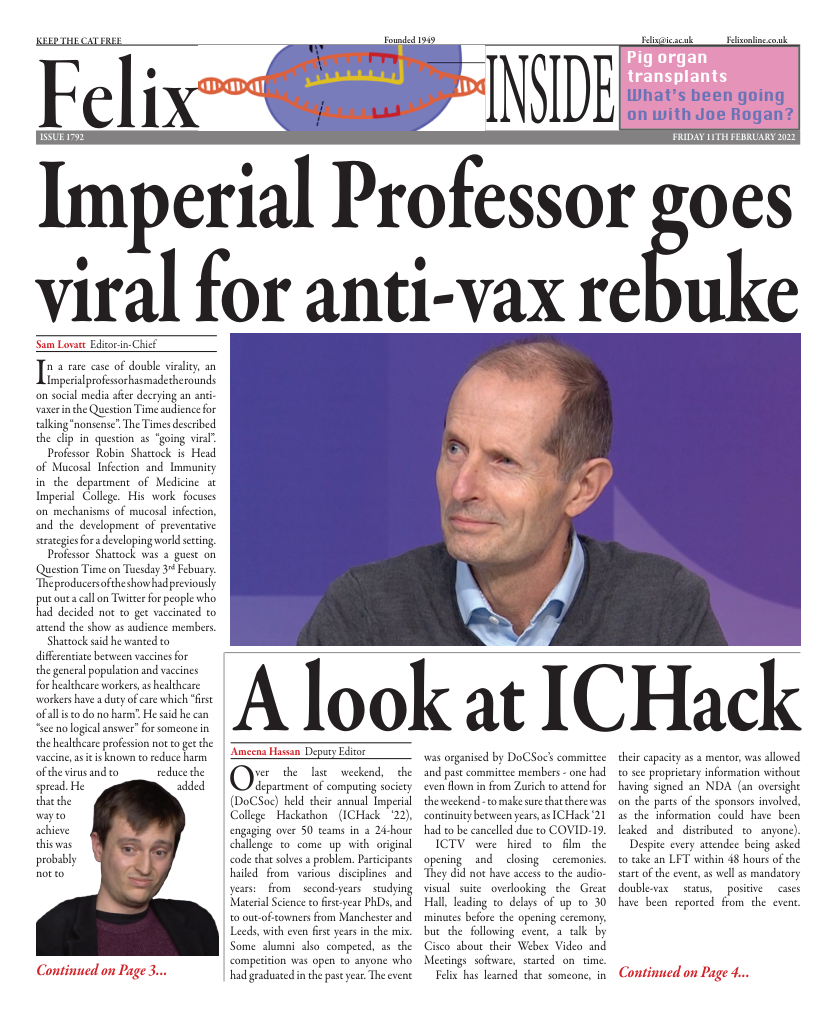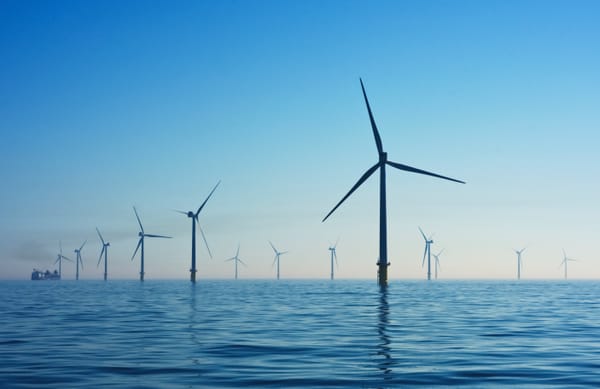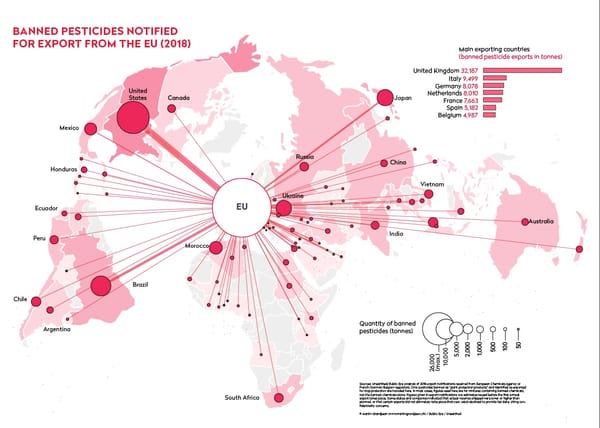Imperial College sustainability data
A quick dive into the Freedom of Information website WhatDoTheyKnow.com has revealed some interesting data on Imperial’s progress in meeting its sustainability targets, laid out in the Sustainability Strategy 2021-2026.

Good news on CO2
The College’s annual CO2 emissions had dropped almost 35% by the 2018/19 academic year, from a peak of 84,830 tonnes in 2015/16.
This total includes direct emission from sources the College owns or controls such as CHP, boilers, and fleet vehicle and indirect energy emissions, such as electricity purchased by the College.

The FOI response also adds: “The College’s plan to reduce energy and carbon began with the Carbon Management Plan (with The Carbon Trust) in 2009, which benchmarked a baseline emission of 2008 (business as usual emission) against a target of 20% for the following 5 years. As many universities discovered with increasing new campus sites, buildings, space and people, these targets became challenging to achieve as absolute targets.
In 2019 the College initiated the Greening Imperial campaign College-wide.
The College has also since 2009 continuously carried out the following in its sustainability plan:
- Building Energy Management System (one of the largest BEMS systems in UK)
- Energy and Environmental Management
- Waste and Recycling Management
- Sustainable Building Projects (for New & Refurbishment)
- Reducing staff travel carbon footprint by providing, cycle schemes and cycle parking
- Improving biodiversity
- Innovative sustainable technology such as bore hole ground water cooling at Hammersmith, ground heat source heat pump, CHP, lighting and more”
Grant from Shell
On January 1st 2022, the Leonardo Centre for Sustainable Business received a £2.5 million grant from Shell plc.
Who knows what the sustainability lead gets up to
The College has appointed an Academic Leader for Sustainability in the form of Professor Paul Lickliss, a phenomenon that Felix has reported on already this year. One question we did not think to ask was “what is Paul’s actual job?”. Luckily, one diligent FOI-er asked just that question.
The College responded that they couldn’t share the job description of Paul’s sustainability role because “this is personal information”. I believe it’s news to all of us that a job description is considered personal information. I wonder how many of Paul’s protected characteristics were included in his job offer. Someone should really let Indeed.com know about this...
More Pressing Issues
The FOI team add as a side note in one of their responses that “no reports specifically on sustainability have been made to the College’s governing body (Council) since 2019”. Potentially not acting with student interests at heart? This information fits nicely alongside the recently unearthed Muir Sanderson quip that he can “fold his arms and wait for the students to graduate” on issues such as sustainable investment.









